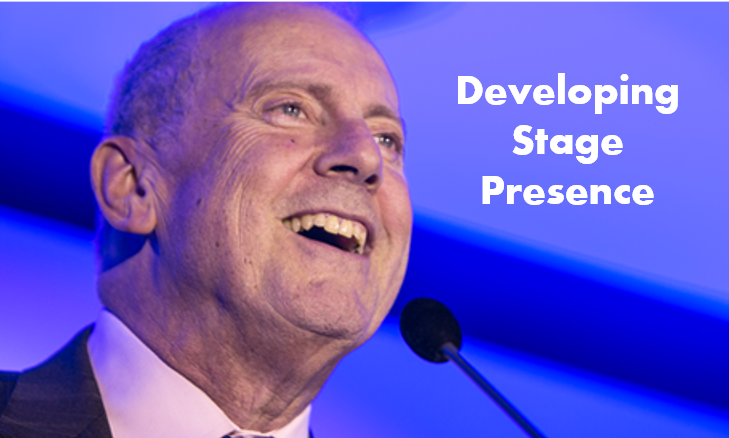What skills can we develop while working from home?
This is the ideal time to practise our presentation skills. We’ve all been there when our boss has asked us to rehearse our presentation to the rest of the team. The nerves kick in, the technology goes wrong, we waffle on and talk too fast or forget the point of the presentation completely! As a team we have been thinking about what skills we can hone while remote working and we think that it is actually the perfect opportunity to work on your public speaking skills.
So, what is stage presence?
“Stage presence is the ability to project poise, decisiveness and furthermore, communicate with assertiveness and passion. This is a vital presentation skill that can be the difference between inspiring and intriguing your audience through webinars or live conferencing or having them lose engagement and slope off to the kitchen to make a brew!” – Martin Smith, Force Four Director
And how can we improve it?
Stand your ground
The biggest mistake we see in early rehearsals is that people move their bodies too much. They sway from side to side or shift their weight from one leg to the other. People do this naturally when they are nervous, but it’s distracting and makes the speaker seem weak. Simply getting a person to keep his or her lower body motionless can dramatically improve stage presence. There are some people who are able to walk around a stage during a presentation, and that is fine if it comes naturally. But the vast majority are better off standing still and relying on hand gestures for emphasis.
Engage
Perhaps the most important physical act onstage is making eye contact. Find five or six friendly-looking people in different parts of the audience and look them in the eye as you speak. Think of them as friends you haven’t seen in a year, whom you are bringing up to date on your work. That eye contact is incredibly powerful, and it will do more than anything else to help your talk land. Even if you don’t have time to prepare fully and have to read from a script, looking up and making eye contact will make a huge difference.
Nervousness
Another big hurdle for inexperienced speakers is nervousness – both in advance of the talk and while they are onstage. People deal with this in different ways. Many speakers stay out in the audience until the moment they go on; this can work well, because keeping your mind engaged in the earlier speakers can distract you and limit nervousness.
Amy Cuddy, a Harvard Business School professor who studies how certain body poses can affect power, utilised one of the more unusual preparation techniques I’ve seen. She recommends that people spend time before a talk striding around, standing tall, and extending their bodies; these poses make you feel more powerful. It’s what she did before going onstage, and she delivered a phenomenal TED Talk. But I think the single best advice is simply to breathe deeply before you go onstage. It works.
In general, people worry too much about nervousness. Nerves are not a disaster. The audience expects you to be nervous. Acknowledging nervousness can also create engagement. Showing your vulnerability, whether through nerves or tone of voice, is one of the most powerful ways to win over an audience, provided it is authentic.
Nerves are a natural body response that can actually improve your performance: It gives you energy to perform and keeps your mind sharp. Just keep breathing, and you’ll be fine.
So, there you have it, it might be a bit cringe practising your technique in your own home, but it will better equip you for future events and presentations. If you want any further advice or even someone to practise on the Force Four Training team are always happy to help.
If you want to look at helping a member of your team reach new leadership goals then consider a management course for an industry recognised management qualification. Click here for more information on our CMI Courses.






